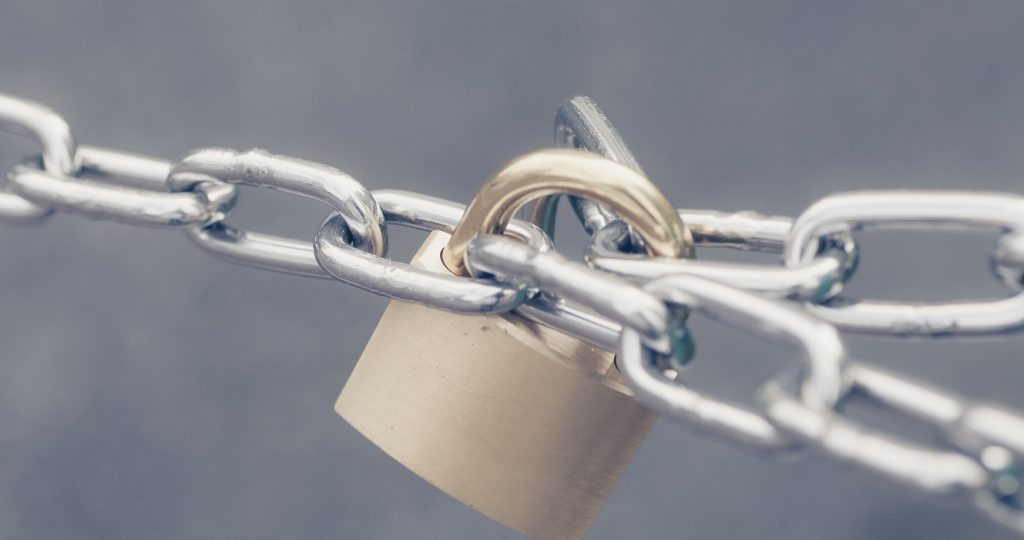When a mortgage lender forecloses on a property in Washington, DC, the process is not quick. The lender must usually obtain a judicial foreclosure order. And the lender must follow advertising and notification requirements. From beginning to end, the process can take many months or even years before the property actually goes up for auction. In many cases, the bank buys its own loan at auction then markets the property itself. Many homeowners who do decide not to contest a foreclosure ask themselves: Can I keep living in my foreclosed home?

Foreclosure in Washington, DC
During the lengthy foreclosure process in Washington DC, many people who have lost their homes wonder whether they can simply stay in the house even after the foreclosure. Staying in the house after foreclosure can allow the homeowner to have time to save up money because the homeowner won’t have to pay rent. Staying in the house also puts off the day when the homeowner needs to find movers and get out. For these and many other reasons, many homeowners do prefer to simply stay put even when the bank has foreclosed.
Can I keep living in my foreclosed home?
If you remain in a foreclosed property for too long, the owner will take steps to evict you. Obviously, you should try to avoid this. In almost every foreclosure situation, you can remain in the home at least until the foreclosure is finalized. An auction takes place. Title transfers to a new owner. Until that takes place, you remain the legal owner of the house. And you thus have the right to stay in it.
In many cases, it makes more sense to remain in the home until the bank has finalized the foreclosure. As long as the house is still in your name, you are responsible for it. You are also responsible for maintenance and upkeep of the property. You don’t want to just leave the house while still shouldering this responsibility.
It can take months to consummate a foreclosure. In certain cases, banks have actually not been following through and finishing the foreclosure. When this happens, staying is not only important to avoid problems with the home you still own. Remaining in the property also allows you to reallocate your housing costs, to be able to move or to save for a down payment or security deposit.
When it’s time to go
After the bank has finalized the foreclosure and officially owns the house, it’s time to go. Hopefully, you will have started to think about where you want to live. But regardless, you must leave or face eviction.
The new owners will likely want you out of the property immediately. If you do not leave voluntarily, they will evict you formally with the help from law enforcement. Do not let it get to this point. Once the foreclosure has taken place, you no longer own the property and must find a new place to live.
